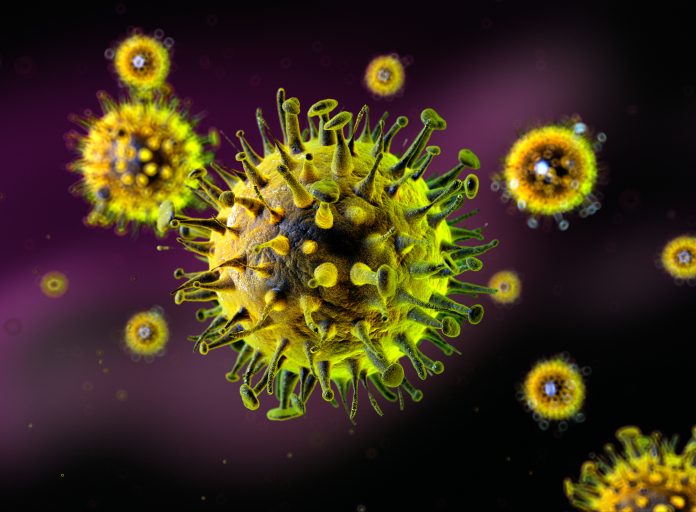A groundbreaking new two-step vaccination strategy tested on pigs shows promise in the fight against influenza
A breakthrough in flu prevention
Researchers have made a significant breakthrough in the fight against influenza with the development of a novel two-step vaccination strategy.
This innovative approach, tested on pigs, has shown promising results in inducing a strong immune response and preventing infection.
What are vaccinations?
Vaccinations are a cornerstone of modern medicine, protecting individuals and communities from preventable diseases. They work by exposing the immune system to a weakened or inactive form of a virus or bacteria, enabling the body to develop immunity without experiencing a full-blown illness.
This protection is crucial in preventing outbreaks and safeguarding public health.
A combined approach: Two-step vaccination
The new vaccination method involves a two-step process.
Firstly, an intramuscular injection primes the immune system with a viral vector vaccine. This is followed by a nasal spray containing a live-attenuated flu vaccine. This combination has proven to be highly effective in protecting against the flu virus.
Traditional flu vaccines often offer limited protection, especially against emerging strains. Live-attenuated vaccines, while more effective, carry the risk of transmission. The two-step strategy addresses these challenges by providing robust immunity while minimizing the risk of viral spread.
Promising results
The study, conducted on pigs, demonstrated complete protection against influenza infection in animals vaccinated using the two-step approach.
This is a significant improvement over previous vaccination methods. Additionally, the researchers found that the vaccine significantly reduced the shedding of the virus, minimizing the potential for transmission.
The path forward
While further research is necessary to confirm the efficacy and safety of this approach in humans, the results are promising. The development of a more effective and long-lasting flu vaccine could significantly impact public health.
This innovative vaccination strategy offers hope for better protection against influenza and its potential to cause widespread illness.











